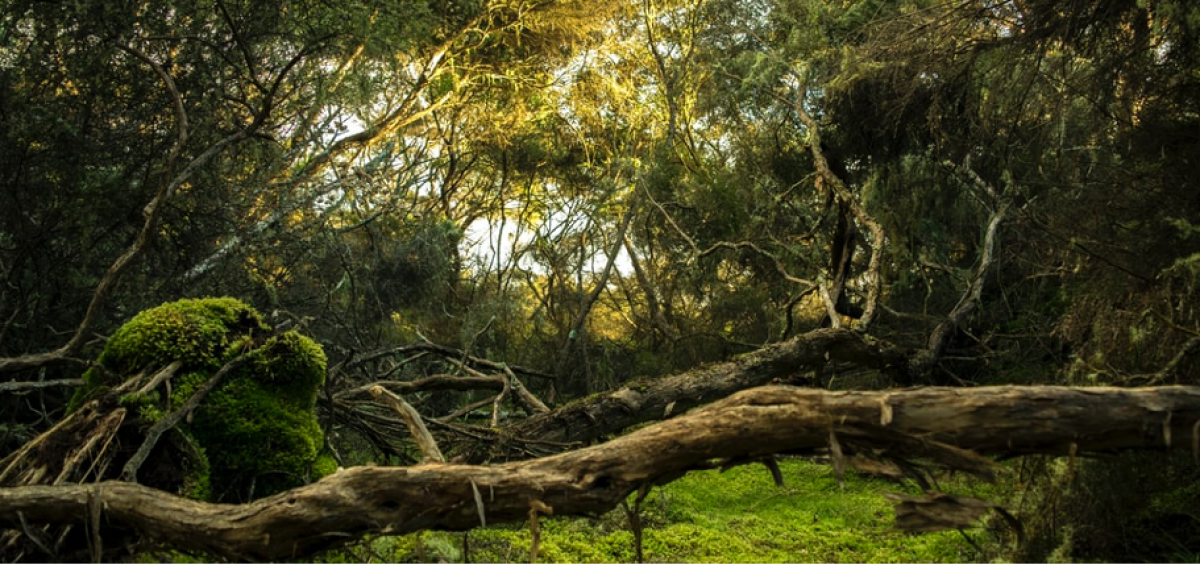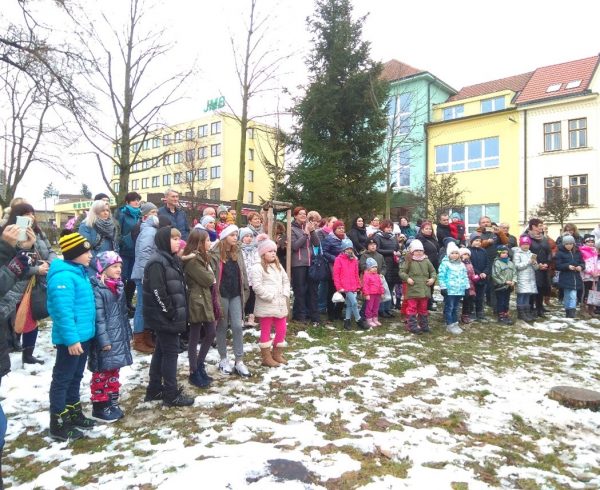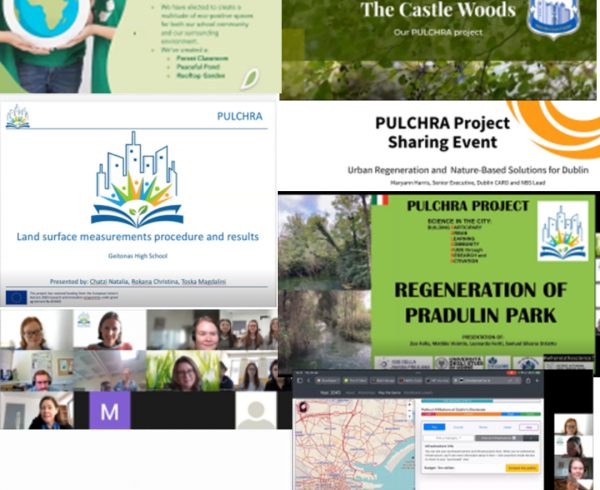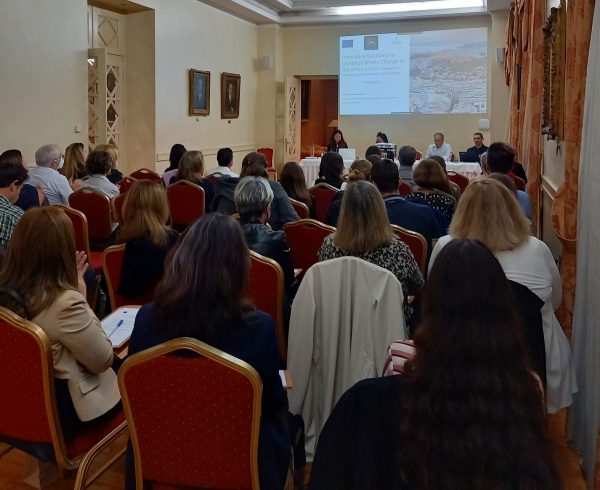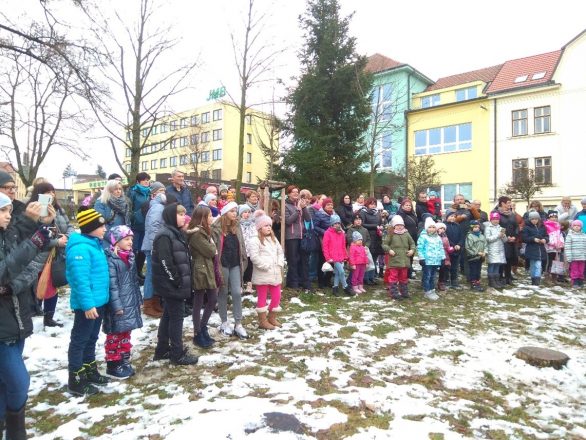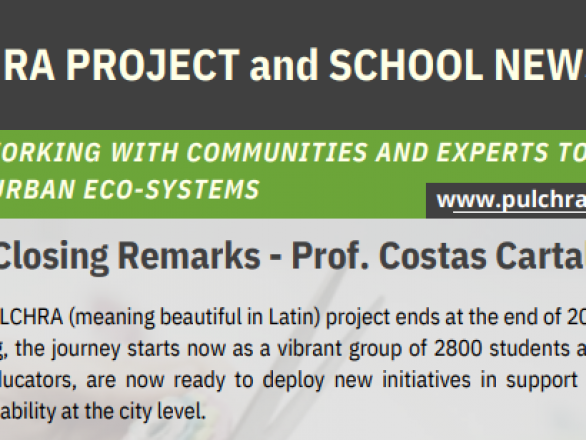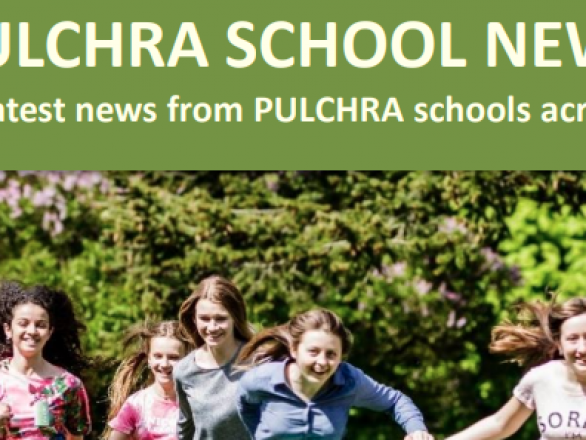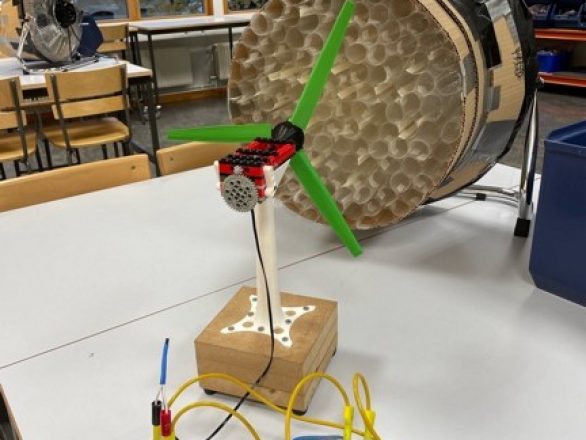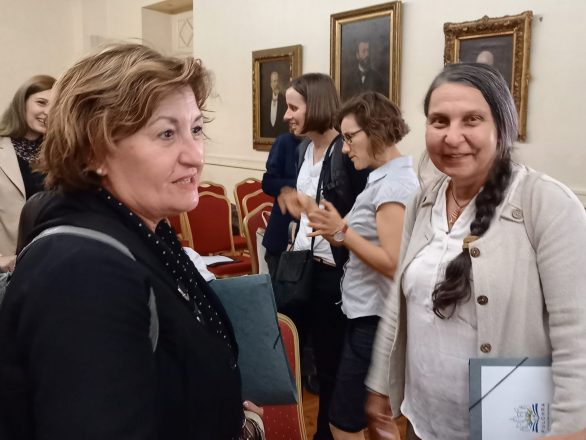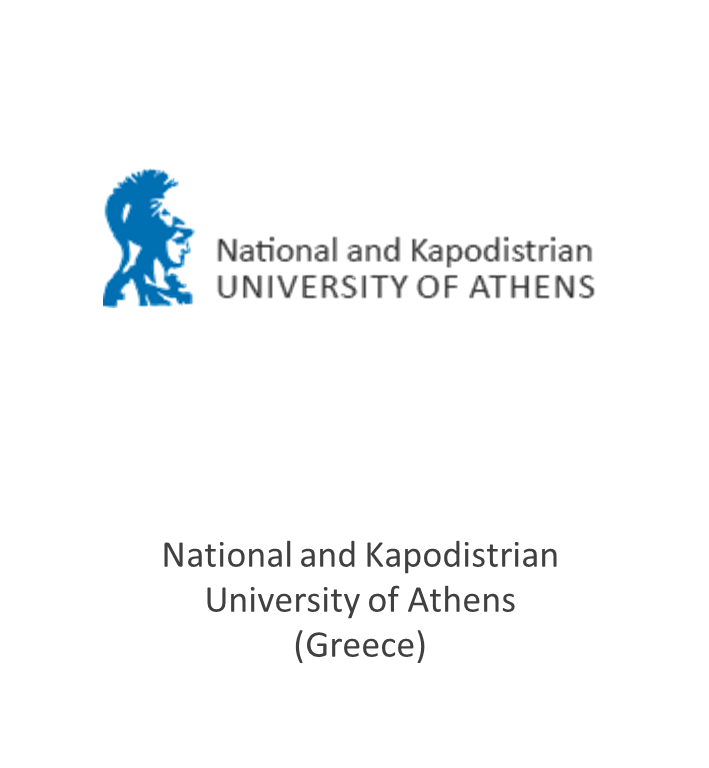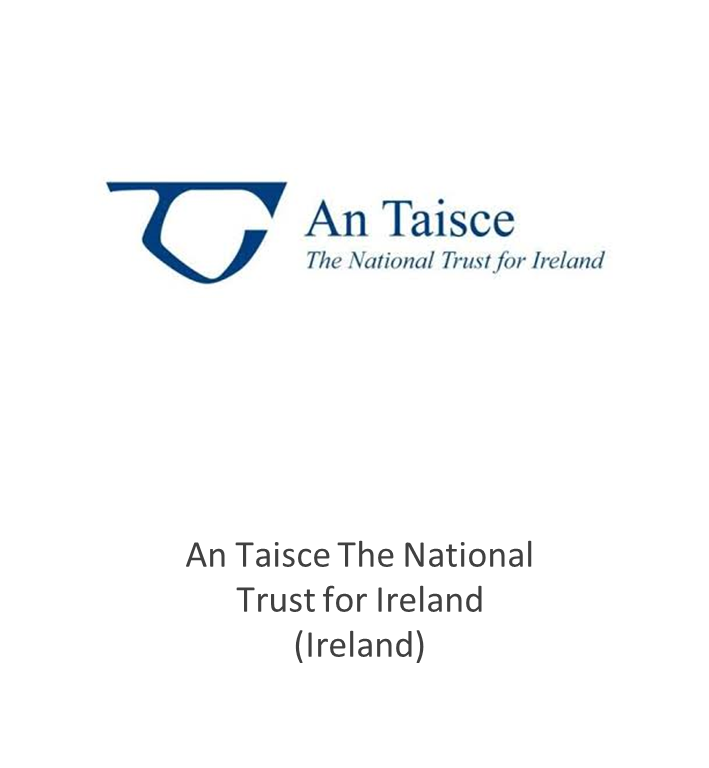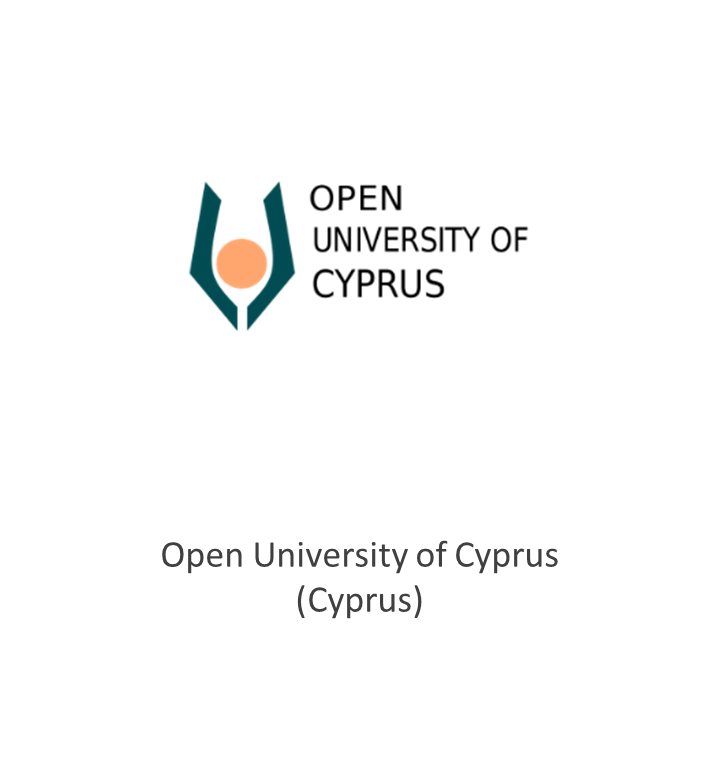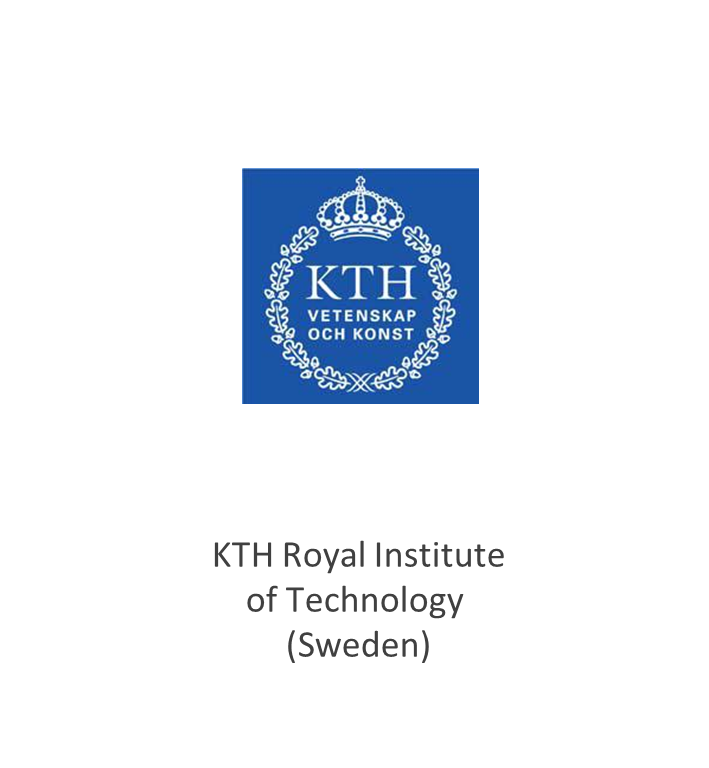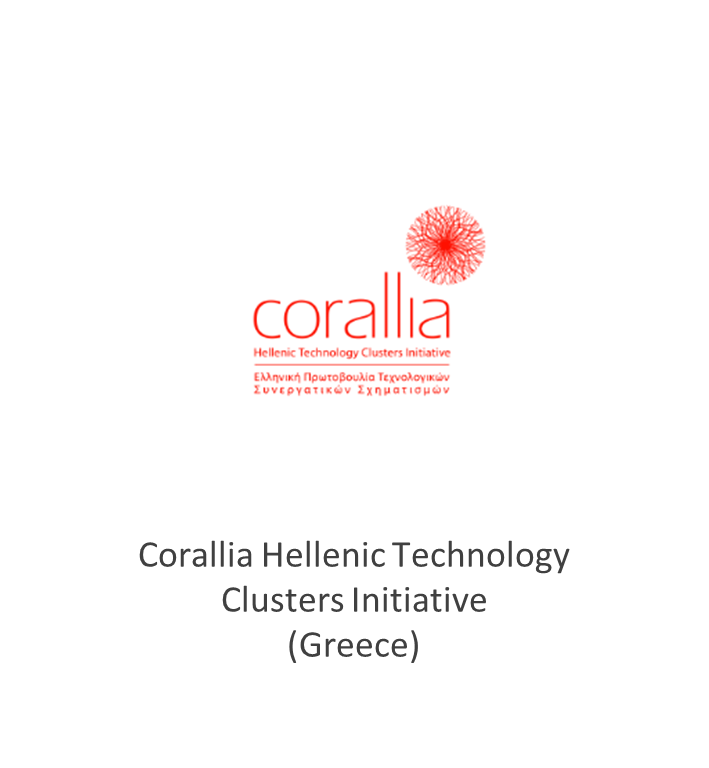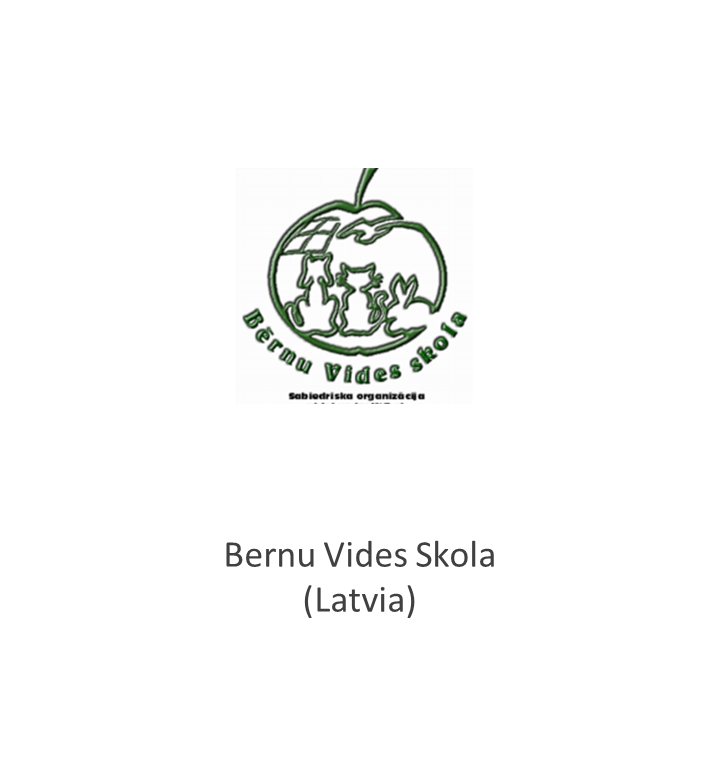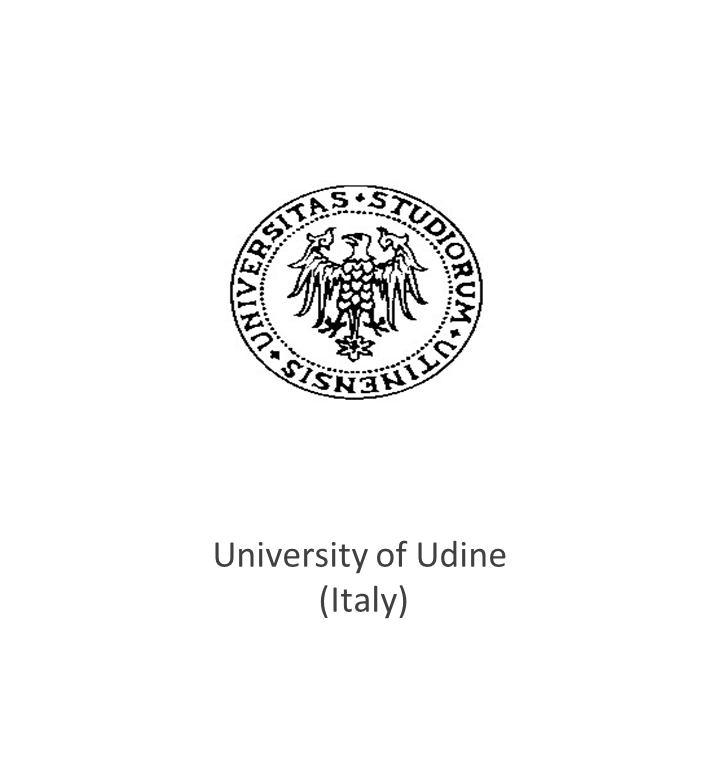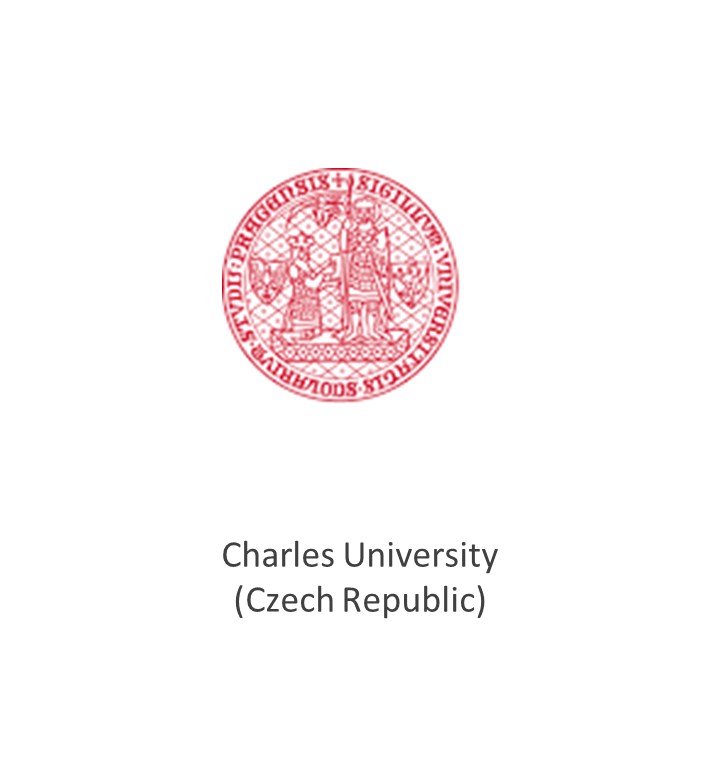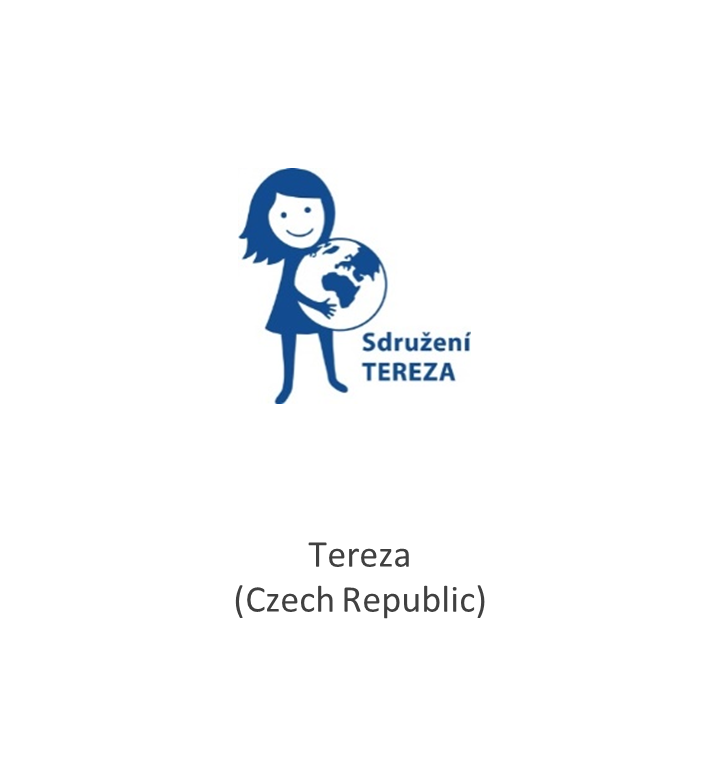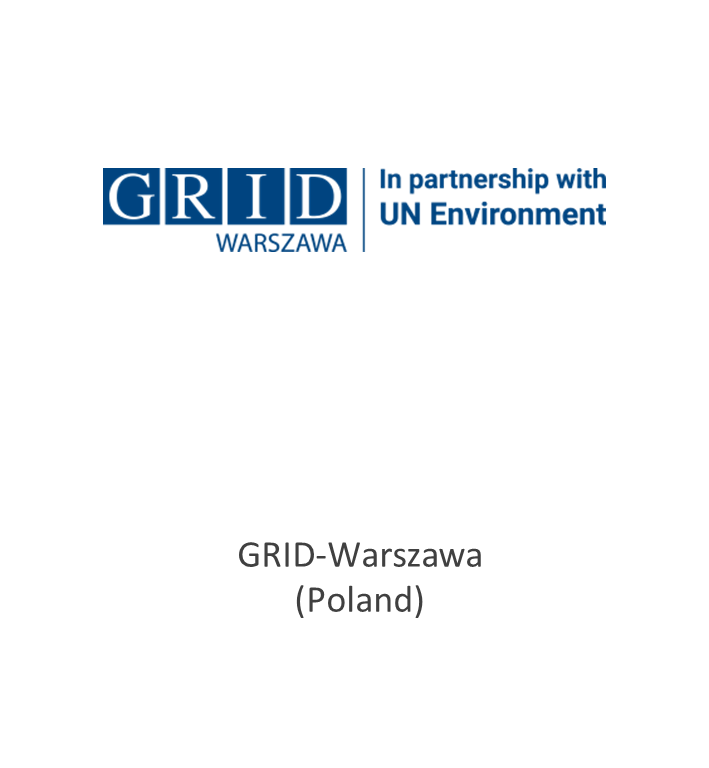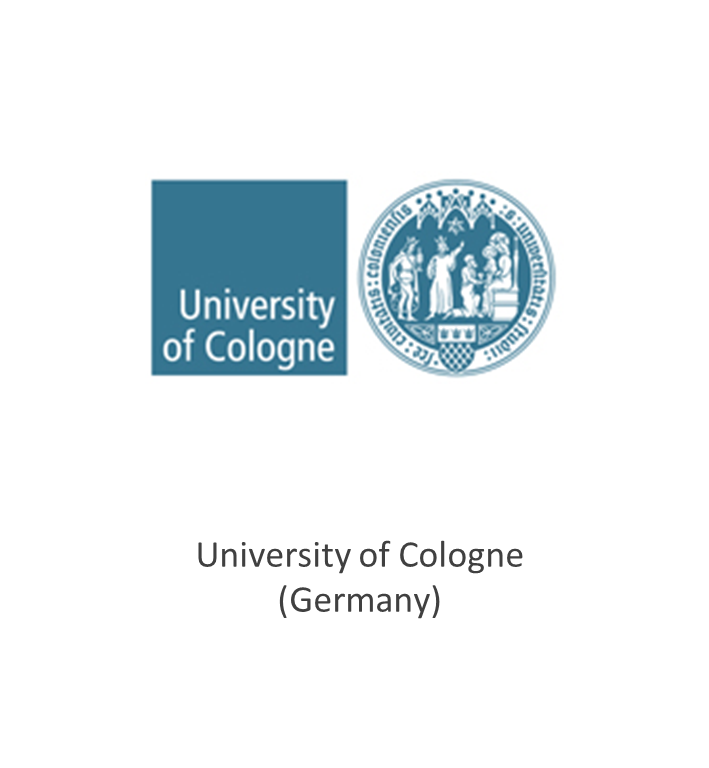Evie McCloughan is a Masters student in University College Dublin doing an MSc in Global Change: Ecosystem Science and Policy. She is currently doing an internship in An Taisce EEU, one of the partners in PULCHRA. She has written the below blog piece exploring the concept of Urban Ecosystems for the project.
Better jobs and opportunities are pulling more and more people to cities. By the year 2030, two-thirds of Europeans will live in cities1. But urbanisation has created a unique set of problems, such as environmental degradation and poverty. Urban life is far from ideal, and it has become crucial that we develop new solutions to tackle rapid urban expansion, especially given the current climate crisis. New methods of city planning and governing is essential in managing environmental, social and economic problems in cities.
Cities are urban ecosystems: they are connected, dynamic systems of social, built and natural components. It is difficult to think of the city as an ecosystem because we tend to associate cities with the opposite of nature. Of course, urban ecosystems are very different to other ecosystems because the physical environment is built by and for humans. But although humans are the key players in the city, that does not mean that there is no room for nature. By managing cities as if they were natural ecosystems, we can better tackle climate change, poverty and other urban issues.
Treating a city as an urban ecosystem does not simply mean including more nature, for example planting more trees. The key message behind cities as urban ecosystems is integration. This means finding holistic solutions which improve the environmental aspect of cities while also improving life for the humans that live there. Often, city planners use a narrow lens for urban planning, often trying to improve just one thing. For example, a modern, affordable apartment block has lots of benefits for people – it offers places to live at affordable prices. Remembering that the city is an ecosystem can enhance the benefits of new apartment blocks. For example, constructing cycle lanes will connect the residents to the city, while the inclusion of green spaces will improve the residents happiness and wellbeing. It is important for urban planners to think about all aspects of the urban ecosystem: the social, economic and environmental.
Unfortunately, cities have often replaced ecosystem services freely supplied by nature with manmade systems that use more energy, are less effective and create environmental problems. Now, city planners are using nature-based solutions to address urban challenges. Incorporating more nature into the city is not only good for the environment, but will also restore ecosystem services as well as improve human health and happiness. By working with nature rather than against it, it can enhance nature rather than damage it, while also supporting economic growth, creating jobs, and improving our wellbeing2.
One city which is doing this better than any other is Copenhagen, Denmark. It aims to be carbon neutral by 2025. By investing in its cycling infrastructure, now there are more than five times the amount of bikes than cars in the city. It also has one of the largest and most efficient district heating system. By collaborating with scientists, developers and other stakeholders across the city, Copenhagen has applied the urban ecosystem approach to achieve great things. However, the true secret to its success is Copenhagen’s citizens’ involvement – the people of Copenhagen really want to improve urban life for people and the environment.
Open schooling through PULCHRA is an effective way of implementing the ecosystem approach to cities. By bringing schools together with science, business, local authorities, parents, and other experts in their communities to work on solutions to a City Challenge together, it encourages consideration on the interactions of the different parts of the urban ecosystem, and promotes a view of the city as an ecosystem which needs to be protected. In order to protect the urban ecosystem, we must provide solutions for environmental problems, stop climate change, improve energy efficiency, encourage recycling, and incorporate more green infrastructure into buildings. Together with PULCHRA, you can help create a bright future for our urban ecosystems.


